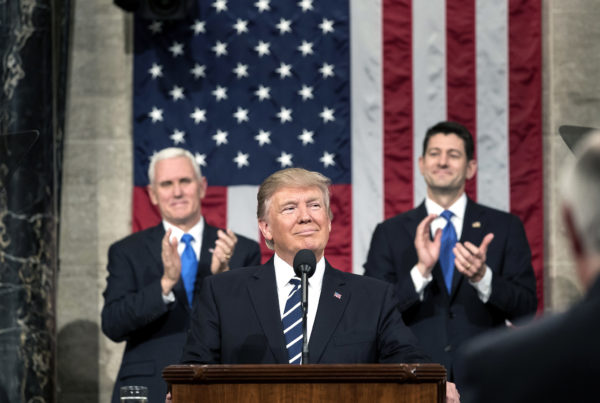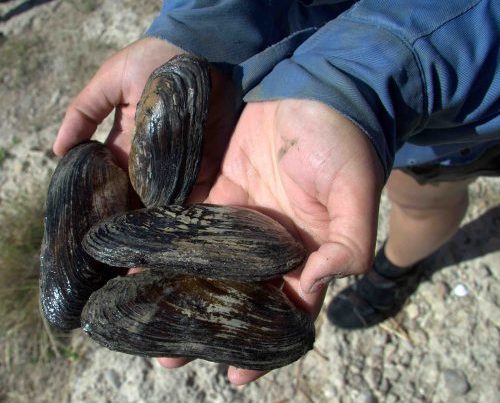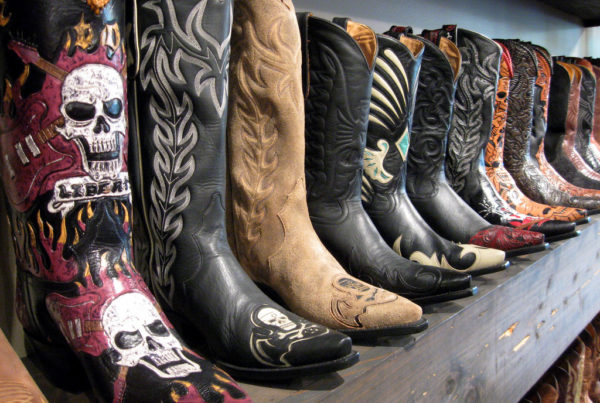Gas mileage may be a more important factor in your next car purchase than it has been in the past. Last week, the EPA announced it would roll back on Obama-era fuel economy targets. Energy insider Matt Smith, director of commodity research at ClipperData, weighs in on what this means for Texans moving forward.
The fuel economy target set by the Obama administration was 55 miles per gallon for passenger cards. By 2025, the goal was to cut greenhouse gas emission levels by 28 percent in comparison to 2005 levels. The new business-focused EPA draft, however, will roll back corporate average fuel economy standards, or CAFE. The Trump administration’s goal is sell more U.S.-made cars. According to Smith, the lower standards could actually do the exact opposite.
“The challenge is, though, that could backfire if consumers are instead focused on that fuel efficiency,” Smith says. “So they buy more foreign cars to get that high fuel economy standard, and that would mean less U.S. cars bought anyway.”
A recent blog post by Ford indicates that car manufacturers may not in support of the rollback. The company seems to be saying it would prefer the market sort out fuel economy.
“Economics are driving these things more than anything,” Smith says. “And so, I think Ford is looking at the expectation that the market will drive this change over the longer term as we switch to, say, electric cars or as we perhaps see a higher gasoline price which encourages people to buy more fuel-efficient cars in the first place.”
A recent New York Times article says the rollback has the potential to split the nation into two car markets – one where fuel economy is regulated, and one where higher fuel consumption would occur. California has mandated higher fuel economy, and may ignore Washington edicts. The Golden State recognizes that lower fuel economy standards will result in more pollution because of increased fuel consumption.
“If we do see the EPA rolling back on these emissions, California just may decide not to do that. And there are a number of other states that may follow their lead too,” Smith says.
Elizabeth Ucles.
















